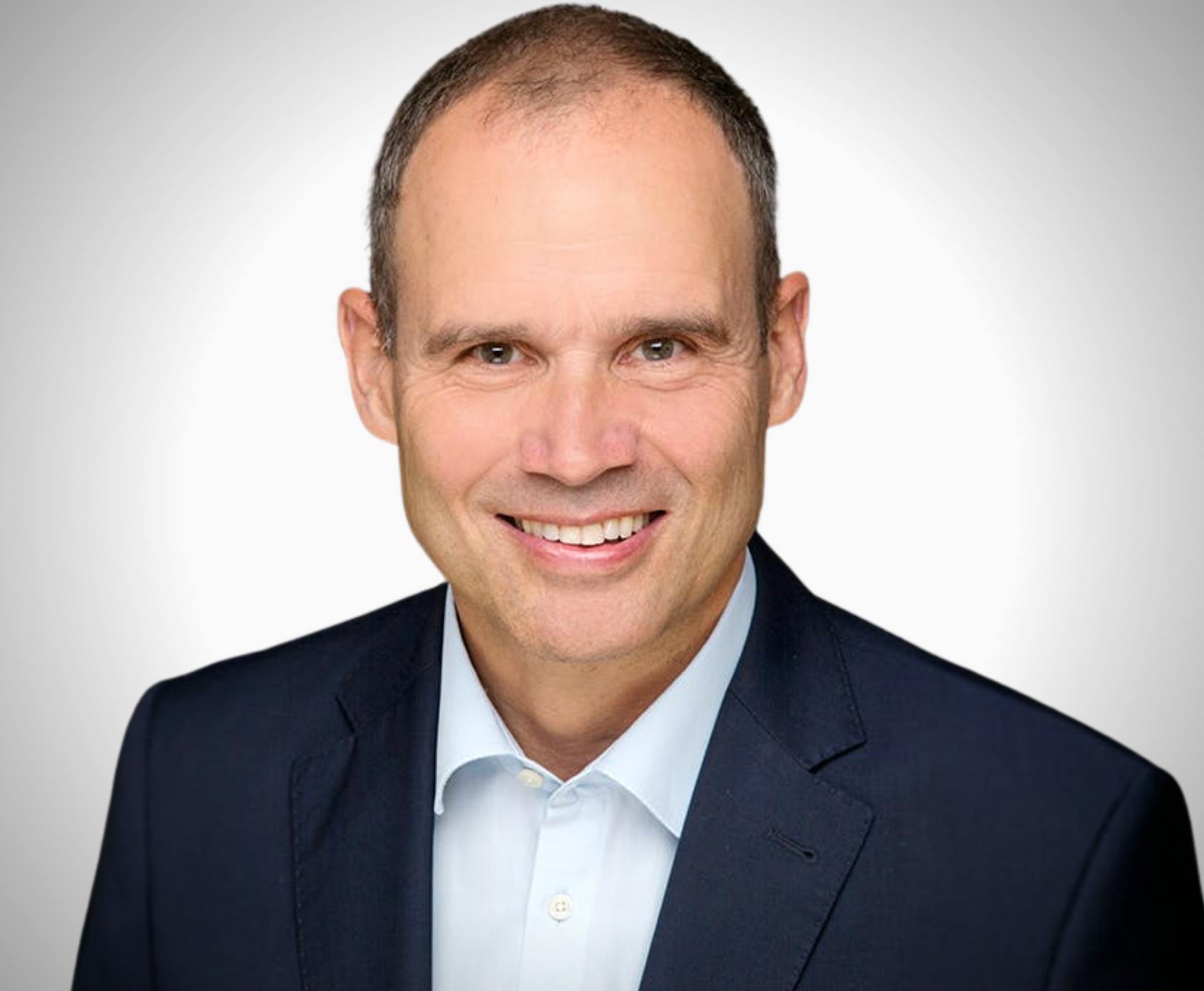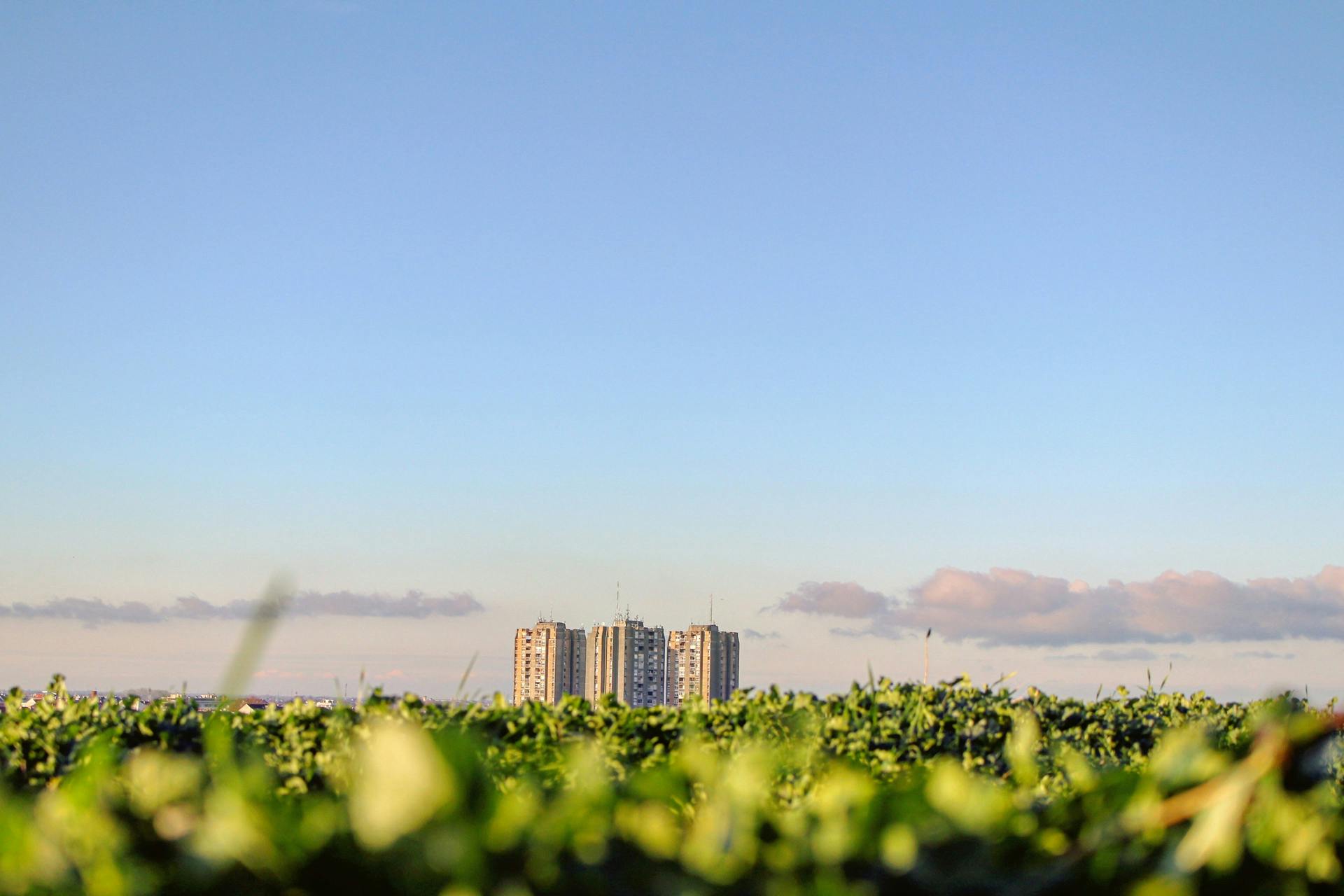Smart mobility is not only useful; it’s necessary. Three examples showcase that cities need to find their own approach appropriate to the city’s needs and its inhabitants. There is no masterplan to a one-fits-all ITS strategy. Berlin is a very good example for a bottom-up-approach while it is rather the opposite to what Hamburg did. In the Middle East, a missing legacy is providing the necessary freedom for bold decision-making. To shape a global future, we need to exchange insights, initiate stimulating discussions to expand our horizons and learn from each other.

Smart Mobility #BerlinVision: Smart Mobility in Europe and Middle East
Six Experts, Two Continents, One Vision: Is there a masterplan for better Smart Mobility?
Urbanization is an undeniable fact, it is predicted that by 2050 about 64% of the developing world and 86% of the developed world will be urbanized. Cities and metropolitan areas are growing and becoming more complex. New challenges occur; old problems disappear. One constant remains: Technology will continue shaping the future of cities around the globe.
On October 27, 2020, the VITRONIC Capital Office Berlin, in cooperation with VITRONIC Middle East, addressed how metropolitan areas can pave the way to a future of smart and autonomous cities with smart mobility solutions in the fourth #BerlinVision Online Talk. Zeroing in on Berlin, Hamburg and Dubai, six experts shared key insights gleaned from the Smart Mobility experience. In 90 minutes they discussed overlapping and diverging strategies and challenges that had come with the work of implementing the cutting-edge traffic systems of the future.
Hamburg: A Smart City with a long-term strategy
“The most important challenge for a city like Hamburg is the city's growth” confirmed Steve Schneider. “Every year, it's growing and growing and the population is getting older and older in parallel.” Hamburg – now known as the nation’s Smart City par excellence – is one of the fastest growing cities in Germany with a population of more than 1.8 million in the city – and more than 5 million in the greater metropolitan area. An exponential growth that is also a great challenge for Germany’s largest seaport city, so the first expert of the Online Talk.
Steve Schneider serves as Managing Director at non-profit association ITS mobility, a driver in Intelligent mobility in Germany. Schneider laid out why, given the sheer volume of goods hauled from Hamburg to its local harbor, alongside the millions of people traveling through the city each day, Hamburg faces great challenges within the next ten to twenty years as its population grows and ages further, not least in terms of mitigating environmental impact and managing a shortage of space.
The city of Hamburg has long term goals: Improve the traffic flow and air quality, as well as increasing the road safety by automated driving vehicles.
To conquer the challenges associated with exponential growth, the City of Hamburg set a strategy in place that shall cement Hamburg’s reputation as a Smart City. Its cornerstones till 2030: 1.) a significant reduction in road traffic, 2.) the aim of cutting environmental impact, 3.) an increased reliability and efficiency of transport systems, 4.) the need to collect accurate and secure data.
Much of what would need to happen for Hamburg to successfully proceed down this path from a long-term perspective involves gauging where the city would need to invest in new infrastructure, and learning more about how information would be collected and shared between vehicles and the wider transport system. A first step to reach this goal until 2030 is done: With 9km, Germany's longest inner-city autonomous driving testbed was launched in 2019 allowing the city to collect data and experience automated and connected vehicles on urban roads.
“The test track will be open to any users and independent vendors”, explained Schneider. “It allows and enables the city of Hamburg to test every application, every mobility service they think is maybe a good way for the future.” To test intelligent transportation systems where they will be needed in the future, the city of Hamburg outfitted 37 traffic lights with short-range communication based on ITS G5, a Wi-Fi standard, in the very heart of the metropole. And 37 traffic lights were just the beginning.
It is planned to deploy more than 150 traffic lights in the next 3 to 5 years with this technology.
Berlin: The capital of shared mobility applying a grassroot approach
While Hamburg is claiming the title of “Germany's Smartest City”, Germany's capital became the “Capital of Shared Mobility”. With an attitude of testing and doing, the city rather followed a grassroots approach by encouraging stakeholder and startups to build solutions based on existing needs without long planning cycles. Successfully! Step by step electromobility took over as Jörg Welke, Project Manager Innovation of eMO, the Berlin Agency for Electromobility, explains. The organization is based on a public-private-partnership and acts on behalf of the Berlin Senate Department for Economics, Energy and Public as well as business in Berlin. eMO’s goal is to engage early on, to empower projects and to facilitate collaboration in the field of smart mobility.
Founded in 2010 – roughly ten years ago – eMO’s original task was to showcase the power of electromobility for daily life for businesses. The team soon learned that this was not enough.
We found that it's not done with exchanging one driving train in the car to the other, from the combustion engine to the electric. We have to do more. We have to be sustainable at the end.
Based on the CASE approach by Daimler which stands for “Connected – Automated - Shared – Electrified”, eMO has the mission to “put an S at the end for Sustainable” and turns it is “CASES”, so Welke. All eMO projects now focus on connected traffic, automated traffic, highly automated traffic, shared mobility and of course, still electric mobility.
And electric mobility is one of the biggest success stories of Berlin. But not just in traditional cars.
We have about 18,000 electric cars. But the hidden champions of electric mobility here in Berlin are the two wheelers, pedelecs, E-bikes, e-kick-scooters.
Germany’s so-called ‘sharing capital’ champions carsharing, ride sharing, bike sharing, scooter sharing and kick-scooter sharing. Boasting the lowest car ownership rate in Germany – that is, 320 cars per 1000 inhabitants – Welke attributed this figure to the fact that Berliners are relatively open-minded when it comes to how they want to get around the city. While the city enjoys generous funding from the federal government in rolling out electric cars and the infrastructure that enables them, its real strength lies in the extent to which its citizens like to share, so Welke.
Another milestone for more smart mobility was also carved in Berlin: The first mobility law, which rules the basics of mobility in Berlin. Until now, the only one in Germany, so Welke. On the state level and also on the federal level, there is no mobility law like the one in Berlin.
And while from the outside it might look like Berlin is lacking a vision and is driven by tackling short-term problems, the “bottom-up approach” as Welke describes it, served the capital of Germany well.
Dubai: Driven by Leadership and lack of legacy
Representing the Middle East and Dubai, educator, entrepreneur and engineer Dr. Malek Yamani added critical thoughts to the discussion by connecting Smart Cities and the anthropological shifts that might be taking place as we evolve with them. “Smart cities are moving us from a world of knowledge to a world of information” Yamani stressed. And as Steve Schneider highlighted, Yamani also sees education and collaboration as a key.
“I believe that it's time for all entities, private entities and public entities to come together to make sure that we, the humans, are at least from a thinking perspective ahead of the technology and not the other way around.” He reflected that an ability to scrutinize and be empowered by information has declined as the quality of life goes up in the developed world. However, Yamani also is convinced that through knowledge sharing mankind can plan and create our future cities. Humans might be able to overcome the challenges that come with living in the hyper-efficient, hyper-convenient worlds of the future, he added. Yamani went on to describe how Middle Eastern countries like Oman are eager to take bold strides in updating their transport systems, and, as we’ve seen is the case in Europe, that traffic safety is paramount.
The lack of legacy and the openness to change were the biggest advantages of the Middle East. “When you come back to for example Muscat, Kuwait City, Dubai or Abu Dhabi after an absence of let's say, three, four, five or six months, you will see a completely different city. New roads, new streetlights, and so many other new things.” Change comes easy in the Middle East, so Yamani. And it is again, the humans that shaped this development.
I believe in leadership, bold decisions, risk taking and most importantly, trusting the future because the future will not fail you.
VITRONIC’s Youssef El Hansali confirms that the approach to leadership in the Middle East is the differentiating factor: “The traffic safety in the Middle East is at the top of the agenda of the leadership here”, so El Hansali. With a strong leadership approach and consequent decision making, Dubai for instance reduced the fatalities by almost 80 percent. “Which is phenomenal”, so El Hansali. Some examples of smart projects in Abu Dhabi are simple but effective: the reduction of mobile usage, seat belt enforcement or tailgating. Results could be seen immediately mere days after implementing.
And the need is growing also in the Middle East. “We will require more, more and more mobility, and the demand for it will keep increasing, at least for the next five to seven years”, so Yamani. He looks positive into the future of the Middle East since its system of governance is well equipped to tackle this challenge with leaders that are comfortable in making strong decisions – strong decisions and decisive decisions like, for example, turning cities or roads into smart cities and smart roads.
Summary
In Brief
- There is no masterplan for the creation of a Smart City with Smart Mobility solutions. Multiple strategies have shown success.
- Hamburg: A long-term strategy defined by the government provides structure and predictability
- Berlin: A grass-root approach builds on the power of innovative small companies and a strong Smart Mobility network
- Dubai: Bold leadership and strong decision-making are accelerating Smart projects in the young business hub in the Middle East
- There is no one-size-fits-all approach. Customized Smart Mobility Concepts are needed that meet the needs of citizens, cities and businesses alike.



